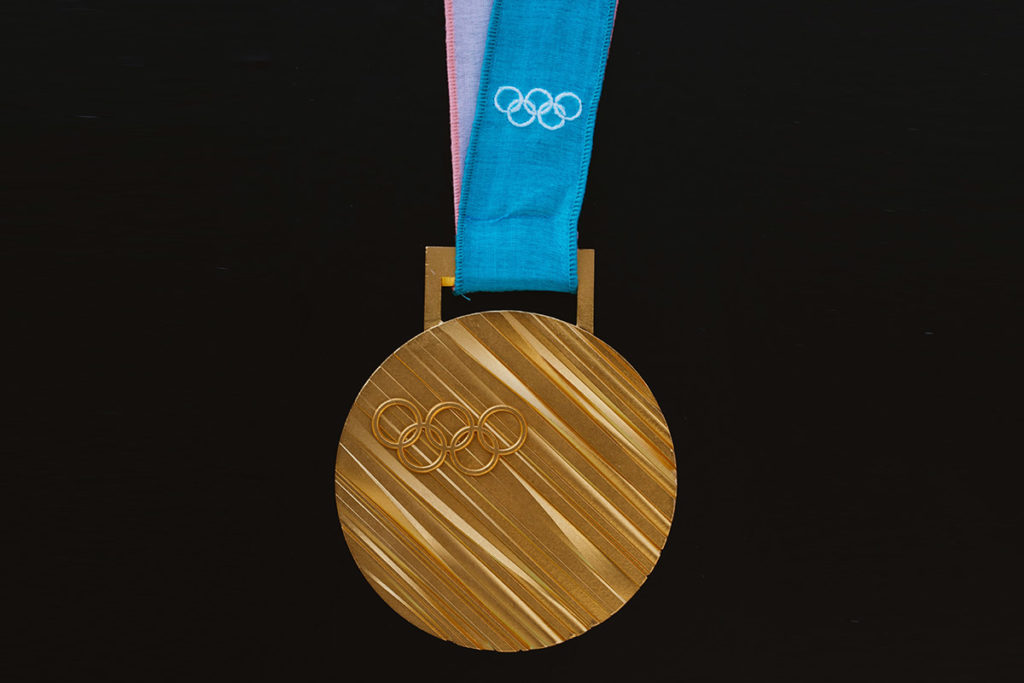I watched the new Michael Phelps documentary “The Weight of Gold” on HBO. It was a stunning and upsetting hour.
The documentary looks at how the pursuit of an Olympic medal takes a toll on a person’s life.
If you have followed Michael Phelps’ career, you know how he is the most decorated athlete in Olympic history. Twenty-eight medals—twenty-three of them gold.
You may also know how all the time he spent training and competing affected his psyche. He has been very open about his mental health struggles in recent years.
Imagine then, what the pursuit of Olympic gold would take on someone who was not as successful? Or someone in a less visible sport?
That’s what “The Weight of Gold” is about. The all-consuming pursuit of something and what happens after it’s over—win or lose.
Several athletes appear in it. Bode Miller. Shaun White. Lolo Jones. Apolo Ohno. Sasha Cohen. Gracie Gold.
These athletes are some of the ones who are living with the weight of it all.
Tragically, Olympic bobsledder Steven Holcomb is not. He died in 2017. An autopsy found sleeping pills and alcohol in his system. Holcomb was interviewed for the documentary before he died… Seeing him talk, then learning he had died, sticks with you.
USA Today reports on a conference call Michael Phelps did with reporters.
“We were all saying, ‘Nobody helps us’ and ‘We’re just products,’”
“Our stories are similar, our thoughts are similar, and I think that’s probably the most fascinating thing for me. Because I thought every sport is so different, every individual would be so different, yet there’s 15 to 20 of us in the film that go completely against that statement.”
Michael Phelps estimates eighty percent of athletes deal with some type of post-Olympic depression.
Because of the Coronavirus pandemic, there were no Olympic Games this summer. I cannot imagine what that must have done to these athletes who trained countless hours in pursuit of their dreams.
If you have followed and loved watching the Olympics, “The Weight of Gold” will open your eyes to a part of this you may have never thought about… the toll it takes on an athlete’s mental health.
There is good news, though. The USA Today piece talks about how the United States Olympic and Paralympic Committee is now addressing mental health among its athletes.
We put these young people out there to compete for our countries. We have them train at the expense of everything else in their lives. We put them on pedestals. We watch them win. We watch them lose.
What we don’t watch is what happens to them after the Olympics. Perhaps, it is time we should.
